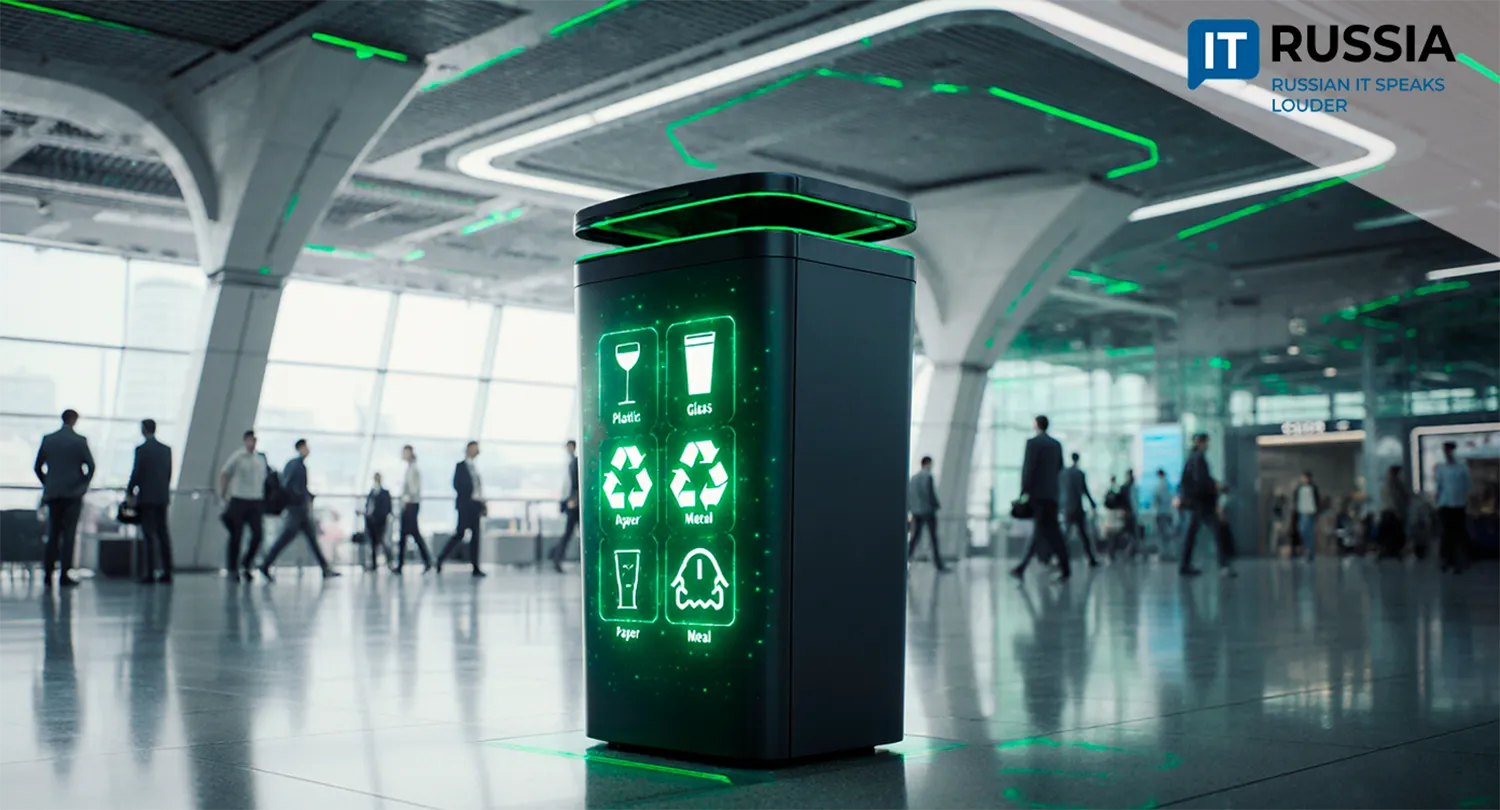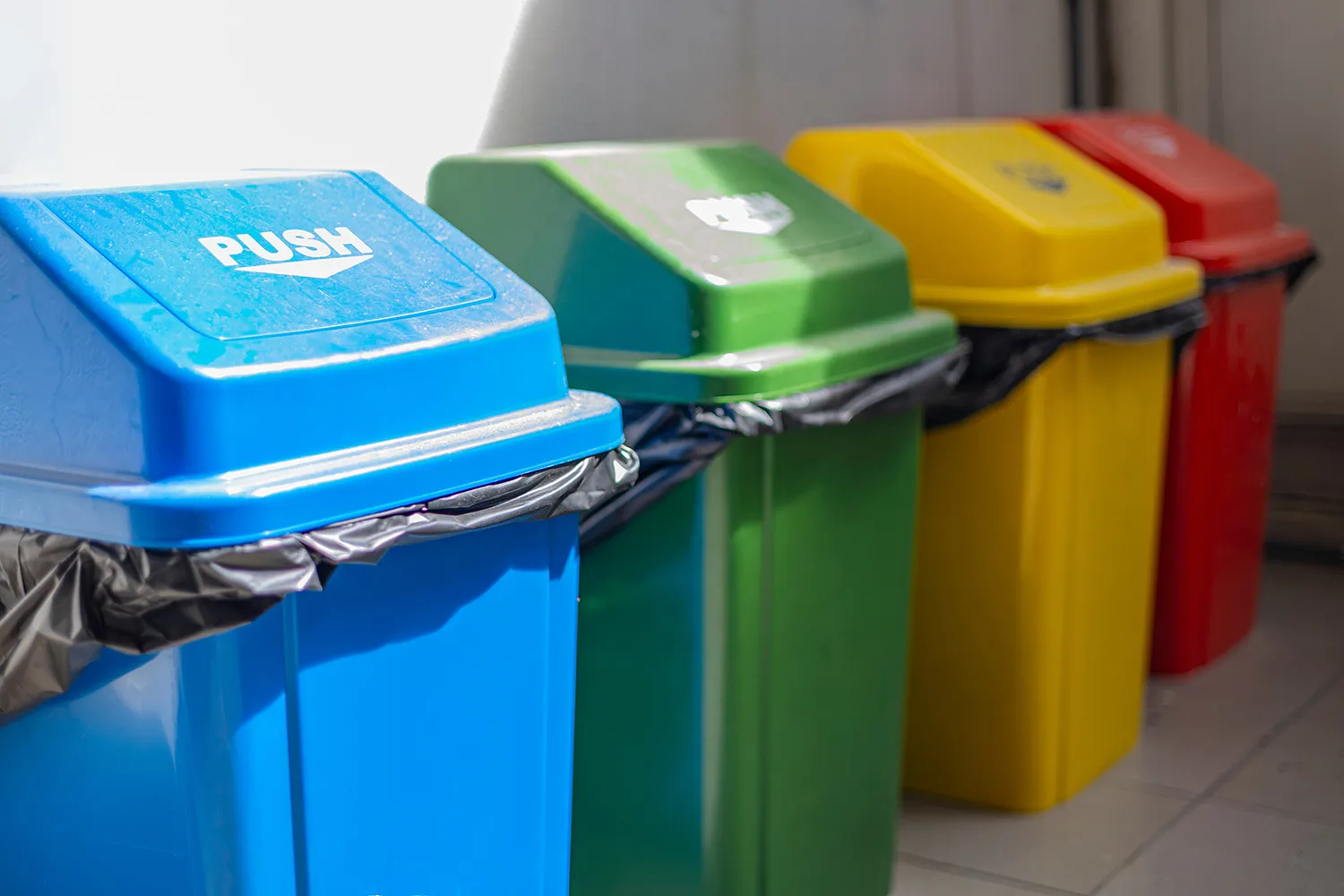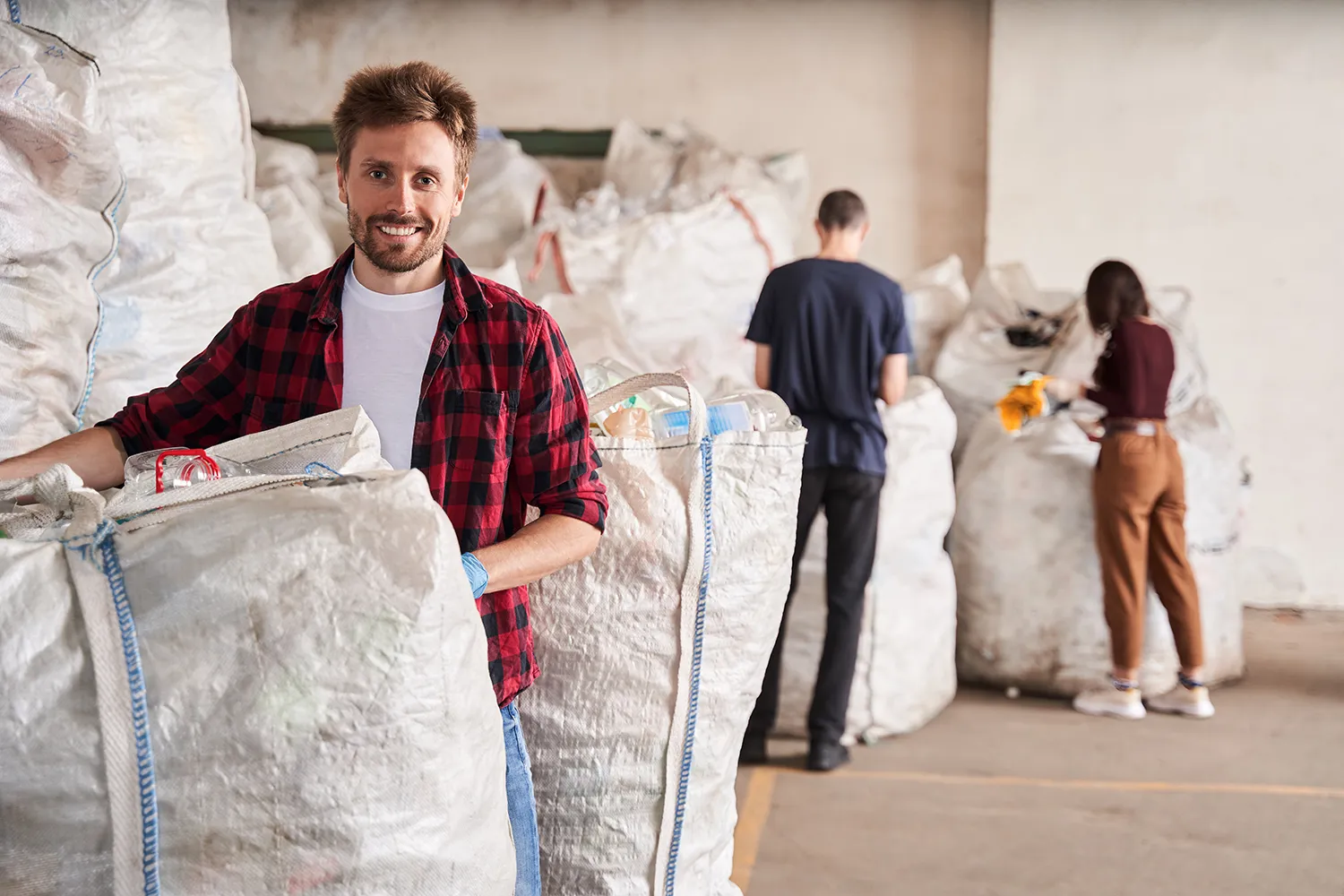Smart Sorter from Moscow: AI Transforms Waste Recycling

Developers in Moscow have introduced an AI-powered bin capable of identifying waste types with up to 97% accuracy, offering a breakthrough solution for sustainable cities.
Eco-Friendly and Cost-Effective
One of the key challenges in waste separation lies with people. Even environmentally conscious citizens can make mistakes, and cleaning staff rarely have the capacity to correct errors. The result is contaminated recyclables that are often sent to landfills rather than processing plants. Russia’s 'Smart Bin' seeks to overturn this dynamic by taking responsibility for sorting.
Users simply drop trash into a single intake. A built-in camera powered by computer vision identifies the type—plastic, glass, metal, or paper—and directs it to the correct recycling compartment. The bins are expected to be installed in office centers, airports, train stations, and private homes. Their ecological and economic impact is substantial: advanced waste-handling systems can cut emissions by 40% and reduce container maintenance costs by 80%.

A Place on the Global Tech Map
Automated sorting is not a new idea, but Moscow’s innovation represents a leap in performance. For instance, the U.S.-made Trashbot demonstrated about 90% accuracy. Other projects, like the Worm-E Smart Bin, also show the potential of neural networks for this task. Meanwhile, Chinese smart bins from HTX Studio go as far as catching trash 'in midair' and autonomously returning to charging stations.
Against this backdrop, Russia’s Smart Bin stands out as a global leader in recognition accuracy—a critical metric for the industry. This advantage opens the door for export potential, with opportunities across Europe, Asia, and CIS markets where demand for smart city ecosystems is growing rapidly.

Technology for the Future
Implementation plans are realistic and structured. Pilot projects are expected soon in Moscow’s business centers, airports, and train stations.
In the long run, the Smart Bin is envisioned as a key part of smart city architecture. Integration with eco-platforms, data analytics systems, and recycling business models could build a closed, highly efficient ecosystem.

This development is a vivid example of high technology addressing urgent social and environmental challenges. With unmatched accuracy, adaptability, and a clear scaling path, the Smart Bin is more than just a product—it is a technological leap toward a circular economy that could redefine waste management in Russia and abroad.










































